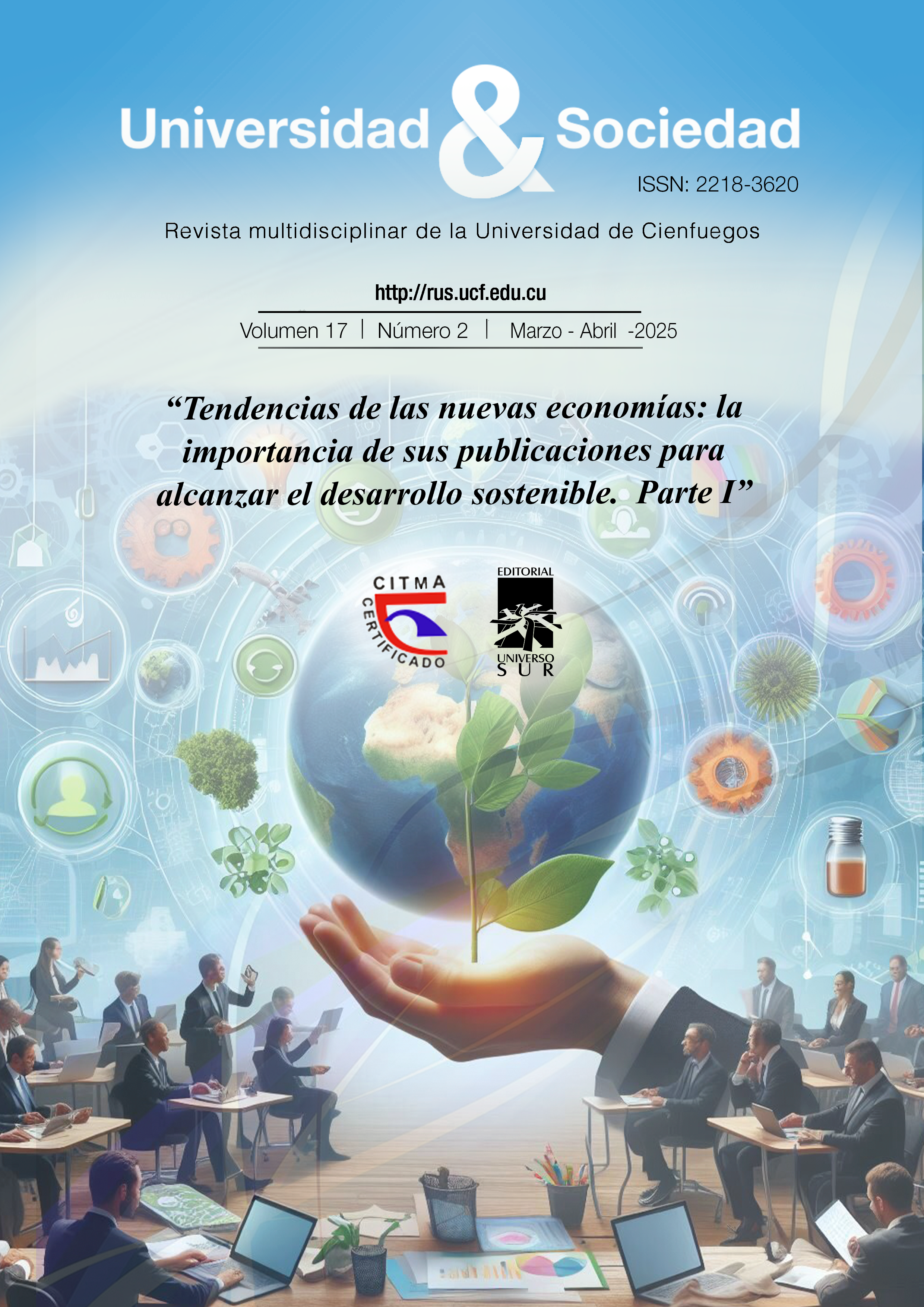Work Stress in Workers of Companies at Risk of Closure due to Extortion and Kidnapping in the Province of Guayas in Ecuador
Keywords:
Work stress, insecurity, Burnout, companies, fatigue, uncertaintyAbstract
Job stress in workers of companies threatened by extortion and kidnapping is a complex phenomenon that has been analyzed from various disciplines. The objective of this study was to investigate the impact of this type of stress on workers in companies at risk of closure due to insecurity, from the perspective of organizational psychology in Ecuador. It sought to provide understanding of the phenomenon, providing empirical and theoretical evidence to develop effective intervention strategies. Using a quantitative approach, the research applied structured surveys and statistical methods to assess the prevalence of burnout in different economic sectors. The findings indicate that insecurity and criminality inflict high levels of stress and burnout on workers in the province of Guayas. A strong interrelation is observed between the dimensions of burnout in contexts of high insecurity. The distinction between burnout and emotional problems shows that fatigue related to fear and uncertainty increases employees' anxiety and irritability. Furthermore, the connection between cognitive problems and psychological distancing indicates that loss of concentration and difficulty in making decisions contribute to a progressive disconnection from the work environment. The need to address work stress in companies facing risks of closure due to criminality is highlighted, seeking to improve the well-being of workers.
Downloads
Published
How to Cite
Issue
Section
License
Copyright (c) 2025 Editorial "Universo Sur"

This work is licensed under a Creative Commons Attribution-NonCommercial-NoDerivatives 4.0 International License.
La editorial "Universo Sur", de la Universidad de Cienfuegos, publica el contenido de la Revista "Universidad y Sociedad" bajo una Licencia Creative Commons Atribución-NoComercial-SinDerivar 4.0 Internacional.
© Podrá reproducirse, de forma parcial o total, el contenido de esta publicación, siempre que se haga de forma literal y se mencione la fuente.










